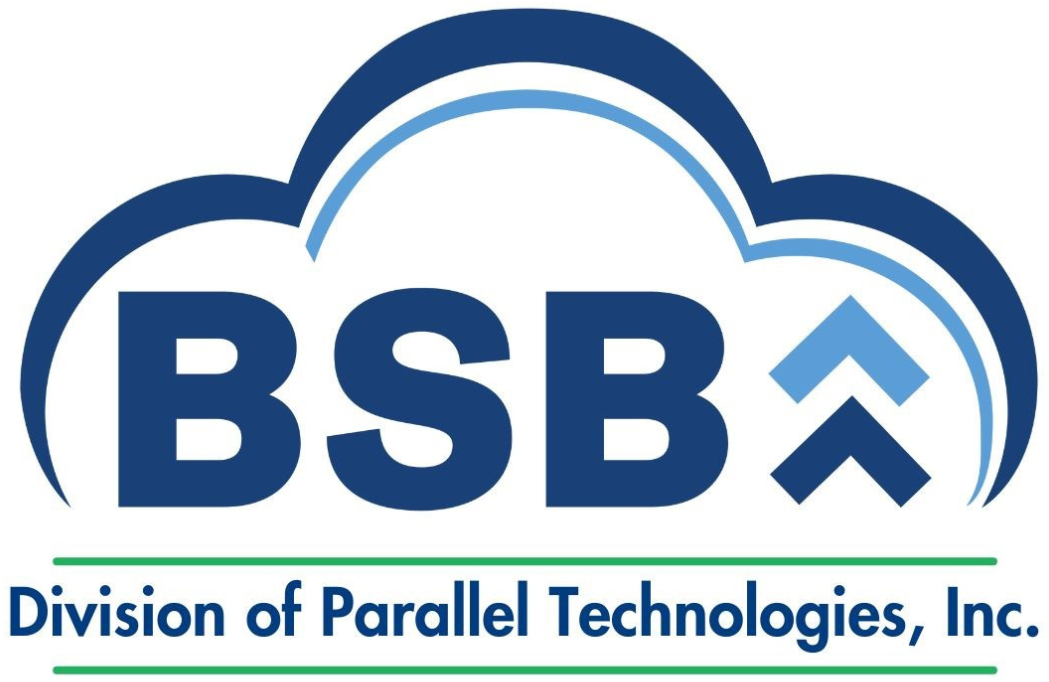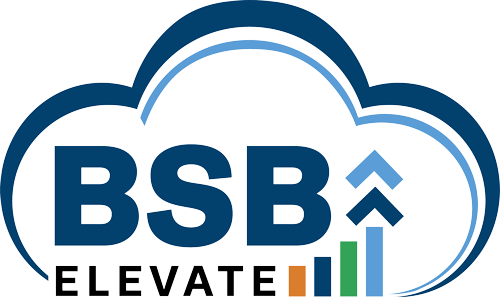In today’s business landscape, choosing between on-premise and cloud contact centers is essential for excellent customer service.
On-Premise Contact Center
An on-premise contact center (or on-premise call center) is a traditional setup where communication hardware, operational infrastructure, and dedicated communication servers are all on-site.
Benefits of On-Premise Contact Centers
Greater control
With an on-premise contact center, you can completely control the system and customize it to your specific needs. This can allow you to manage resources better, handle call volumes, and improve the overall customer experience.
Cost savings
While on-premise contact centers may require a higher upfront investment, they may be less expensive in the long run since you won’t be paying monthly fees for a cloud-based service. You’ll want to consider whether the other communications systems within your organization are primarily on-premise or in the cloud and have your contact center model match.
Integration with other systems
If you have other on-premise systems (such as a CRM), an on-premise contact center can be easily integrated, allowing for better data sharing, workflow, and ease of use.
Make changes in how and when you want them.
With an on-premise contact center, you have more flexibility to change the system as your needs evolve. You can also easily add new features or functionality without waiting for a third-party vendor to release updates.
Factors to Consider with On-Premise Contact Centers
If you’re trying to decide between an on-premise vs cloud contact center, here are some factors to consider:
- Higher upfront costs due to the investment in hardware, licenses, and space to house the equipment.
- Ongoing maintenance and staff to manage the infrastructure can contribute to increased operating expenses.
- Slower adoption of new technologies, potentially limiting their ability to stay competitive in the ever-evolving world of customer service.
Cloud Contact Center
A cloud contact center, or Contact Center as a Service (CCaaS), is a software-based solution hosted on remote servers and accessible via the Internet. Cloud contact centers offer the same traditional features as on-premise contact centers but are built upon them with advanced technologies like live call monitoring, innovative IVR (Interactive Voice Response), and click-to-call.
Benefits of Cloud Contact Centers
Scalability
Cloud contact centers can quickly and easily scale up or down to meet changing business needs. This can be particularly helpful for seasonal businesses or those with fluctuating call volumes.
Reduced upfront costs
Since cloud contact centers are typically paid for monthly subscriptions, they require less upfront investment than on-premise systems. This can make them more accessible to smaller businesses with limited budgets.
Remote access
Cloud contact centers can be accessed from anywhere with an internet connection, allowing for remote work and enabling businesses to hire agents from anywhere worldwide. This can also be helpful in a natural disaster or other business disruption.
Automatic updates
With a cloud contact center, the vendor automatically applies updates and patches, eliminating the need for businesses to manage their own IT infrastructure. This can save time and reduce the risk of downtime due to software bugs or security vulnerabilities.
Integration with other cloud systems
Cloud contact centers can easily be integrated with other cloud-based systems, such as CRM software or marketing automation platforms, allowing for more seamless data sharing and workflow.
Advanced features
Cloud contact centers often offer advanced features and functionality, such as artificial intelligence (AI) and machine learning capabilities, that may not be available with on-premise systems. These can improve the customer experience and help businesses gain valuable insights from customer interactions.
Discover how our cloud contact centers can benefit your organization.
BSB Is Your Trusted Advisor for All Things Contact Center
When deciding between an on-premise vs. cloud contact center, several factors should be taken into consideration, such as:
- Costs
- Control
- Security
- Scalability
- Flexibility
- Maintenance
- Staff requirements
- Business continuity
- Technology adoption
BSB Communications provides various solutions that address these factors, whether you opt for on-premise or cloud contact centers. By carefully weighing the pros and cons of each option and considering BSB’s solutions, businesses can select a contact center model that will help them deliver the best possible customer service experience while optimizing operational efficiency and cost management.
Book a no-obligation consultation with our team today to discuss your contact center options.



